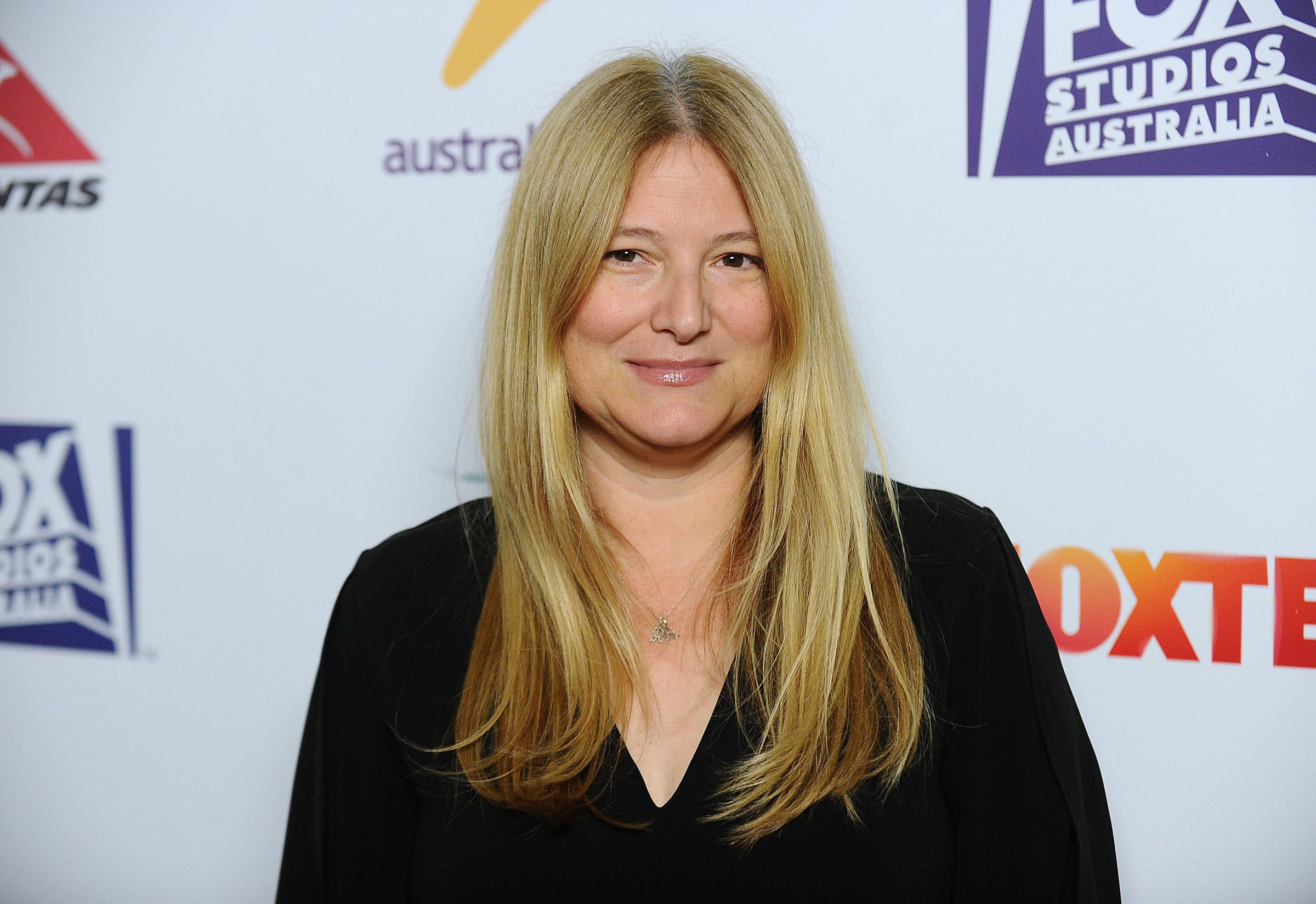
A common refrain in Hollywood is that “you’ve got to get yourself in the door.” The idea is that once you can get access to the right people – the bosses, the controllers of money, the decision-makers—then you’ll have a chance to get your film or TV project made or rise up the corporate ranks.
For me, one of the most thrilling aspects about the current women’s movement is that many of the doors in the entertainment business that have been in essence closed to women are now being opened up.
That said, it’s vital that we don’t lose track of the fact that there is still a large subset of women who don’t even know that the door exists.
I’m speaking of young women from lower socio-economic groups who would have a hard time imagining the possibility of careers in Hollywood—of having their voices heard. I’m driven by the idea that there has never been a more important time to tell these women that their dreams can still come true, regardless of where they come from and how they grow up.
I was raised in government housing in Elizabeth, South Australia, by a young single mother who dropped out of school at 14 to help her own parents. My mom worked multiple menial jobs to support my three siblings and me. My neighborhood had the reputation of being both very rough and poor. It was the home of car factories, the birthplace of singer Jimmy Barnes (who’s known as “Australia’s Bruce Springsteen”); his song Working Class Man was our very own anthem.
Nevertheless, from a young age at my pretty grim public school, I was lucky to have an amazing teacher who saw potential in me and encouraged me to take part in the school musicals. It was that exposure that opened up a whole new world to me. One teacher can change a child’s life. One person who looks you in the eye and says “I believe in you” can propel you to believe that all is possible.
Armed with my newfound passion for creative entertainment, I took what many would perceive to be a weakness—no money and no obvious access—and turned it into my superpower. It gave me the incredible drive and fearlessness to take big risks. Along the way, I was fortunate enough to meet other generous mentors who saw my potential as a film and TV producer and gave me opportunities to grow.
I believe that we need to remind young women with few resources and little access that they too can pursue their dreams by drawing on their own superpowers.
One of the best ways we can reinforce this message is to make films and TV programs with real, diverse women at the center so that young women of all backgrounds can see themselves reflected in stories. We also can open up more opportunities for female directors, writers and producers to create content so that young women can see that women are being empowered to speak.
When I heard Viola Davis talk about her lower socio-economic upbringing a few years ago at an event, I was moved beyond belief. I wept because I knew that when she tells her own story, she reaches not just me but millions of young women who can suddenly envision standing on their own stage one day.
These are exciting times. The doors are opening. It’s our responsibility to make sure all young women know that.
More Must-Reads from TIME
- Cybersecurity Experts Are Sounding the Alarm on DOGE
- Meet the 2025 Women of the Year
- The Harsh Truth About Disability Inclusion
- Why Do More Young Adults Have Cancer?
- Colman Domingo Leads With Radical Love
- How to Get Better at Doing Things Alone
- Michelle Zauner Stares Down the Darkness
Contact us at letters@time.com